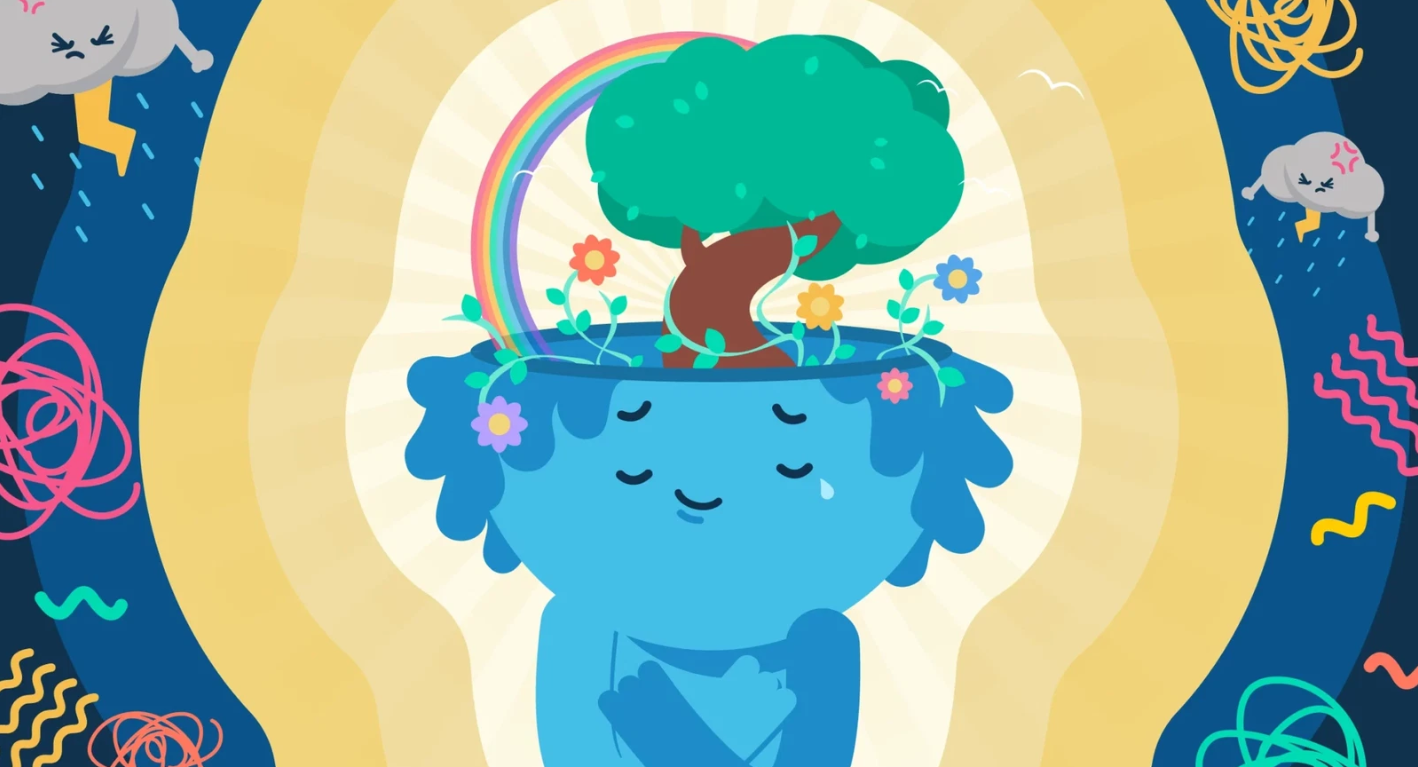Every October, World Mental Health Day appears in the news cycle. For some, it feels like just another awareness day among many. For me, it carries a deeper weight. I live, eat, and breathe mental health every single day. It is part of my work, part of my relationships, and part of my own lived experience. I have struggled with depression, and I have also lost close family members to suicide. For me, World Mental Health Day is not something abstract or distant. It is a reminder that mental health affects all of us, and that more always needs to be done.
At the same time, I understand why it can feel tokenistic. Mental health cannot be addressed in a single day, nor solved by a flurry of social media posts or corporate campaigns. Healing, change, and prevention take much longer. But visibility matters. Awareness days create openings. They bring mental health into the spotlight, making it harder to ignore. Even if just a handful of people talk more openly about their feelings, or reach out for help they might not otherwise have sought, that is worth something.
As a therapist, I do not often see clients connect directly to World Mental Health Day. Therapy journeys do not begin or end because of a date on the calendar. But I do see the ripple effects in the wider community. Days like this raise money for research and services. They encourage workplaces and schools to put mental health on the agenda, even if briefly. They give families language to begin conversations that might otherwise remain silent. In some cases, they remind people they are not alone in their struggles, and that in itself can make a difference.
From a systemic perspective, the word “world” is important. Mental health is not just an individual issue. It is relational, cultural, and global. Different societies have different ways of responding to distress, and we can learn from that diversity. In some cultures, support is rooted in community and ritual. In others, it comes through talking therapies or structured services. No single way is sufficient on its own. If World Mental Health Day can be about listening to one another across these differences, then it becomes more than awareness, it becomes connection.
In my own work, I often see the cost of silence. Too many children and adults I meet cannot name their emotions, and this is rarely because they lack the ability. More often it is because the systems around them have not made space for these skills to be developed. Families sometimes avoid emotional language because it feels overwhelming or unsafe. Schools are under pressure to deliver results, and the curriculum leaves little room for teaching emotional awareness. Communities, too, may carry unspoken rules about which feelings are acceptable and which must be hidden.
From a systemic point of view, this matters because emotions do not exist in isolation. They are shaped and expressed in relationships. A child learns how to regulate by being co-regulated with a parent. A young person learns to talk about sadness if they see adults model that conversation. When these opportunities are absent, it is not simply an individual who “cannot self-soothe”, it is a wider system that has not supported them to develop these capacities.
Imagine if emotional literacy was embedded in the everyday life of families, reinforced in schools, and carried openly in communities. Imagine if children grew up fluent not only in words and numbers, but also in the language of feelings, because the adults around them spoke it too. From a systemic perspective, this would not only strengthen individuals, it would also strengthen relationships and communities.
In conversations with other therapists, I hear similar reflections:
• “Awareness days are a beginning, not an end. They remind us to keep the conversation alive long after the headlines fade.”
• “Mental health is not something we hold alone. It is carried in families, workplaces, and communities. When one person struggles, it ripples outward.”
• “Small steps matter. A check-in, a walk, a phone call, these are all threads in the web of care.”
The question, of course, is how to make World Mental Health Day practical as well as symbolic. For some, that might mean fundraising or donating to organisations that provide vital support. For others, it might be as simple as checking in on a friend who has been quiet, or being honest about how you are feeling. It might mean bringing up the subject in your workplace or family, even if the conversation is awkward. These small acts matter. They create openings. They normalise the truth that mental health is everyone’s concern.
Practical resources can also play a part. National organisations like Samaritans (116 123, free and available 24/7), Mind (mind.org.uk), and YoungMinds (youngminds.org.uk) offer support, information, and listening ears. Local charities, often overlooked, are lifelines in their communities. If you do one thing on World Mental Health Day, perhaps it could be to familiarise yourself with the services around you, so that you know where to turn if you, or someone you love, needs help.
For me, the heart of World Mental Health Day is simple. We have more in common than we realise. Everyone knows what it is to struggle. Everyone knows what it feels like to long for connection or to feel overwhelmed. When we recognise this shared humanity, we begin to reduce stigma. We stop seeing mental health as something that belongs only to the unwell and instead see it as something that belongs to us all.
Every day is World Mental Health Day in my life, and in the lives of many people I know. But if this one day in October can spark even a little more compassion, a little more openness, and a little more willingness to listen, then it is a day worth marking.





